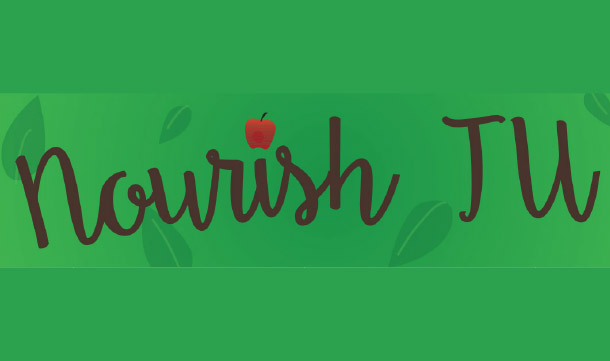
Getting fit, minus the dieting
By: Noelle Harada, Columnist
It is two months into 2018, and it is the turning point of whether you will keep your health-based New Year’s resolutions or fall back into the same bad habits as last year. Life gets busy, and it can be difficult to keep up the motivation to achieve your goals. If you feel yourself already giving up on your “new year, new you” plans, it’s not too late to tweak your habits and eat toward a happier and healthier you.
One mistake that can be detrimental to living a healthier life is drastically changing your diet overnight. Being healthier does not require restrictions, and a set ‘diet’ to achieve your goals.
When taking steps to improve your health, it is important to remember sustainability. The goal should be to improve your health, not only for 2018, but for the rest of your life. This requires a lifestyle change. It is unrealistic to simply cut out desserts and all the other delicious things you enjoy eating. What happens when it’s your birthday and you want a slice of cake? Or when your crush asks you on an ice cream date and you have to casually decline?
There are no “bad” foods, only bad overall patterns of eating. Diets are appealing because they guide decision-making – they are structured plans and typically provide you a list of things you “can” and “cannot” eat. However, diets are not sustainable because they do not fit into real life. The way you eat should be a reflection of your lifestyle and your goals. As a busy college student, it is unlikely that you will be able to sit down and eat three balanced homemade meals a day. The best “diet” is the one that you will actually follow, and there’s more than one way to achieve success, but the underlying approaches are the same:
- Understand which foods are healthy to eat—fill up on fruits and vegetables first, limit fried foods, be wary of foods with lots of extra sugars and sauces, etc. Towson provides many opportunities to learn, including free nutritional counseling (email kballek@towson.edu for more information) and healthier options in all dining areas on campus.
- Understand what works for you—find your balance between healthful foods for nutrition and fun foods for the mind and taste buds.
- Be mindful of what you are eating—do not just eat to eat; enjoy the flavors, textures, people around you, and experience of eating. Stop when you are full.
- Be patient and stay committed – Remember that one late-night pizza does not equal failure. Life happens, and it is important to get back on your feet and remember your goals (whether it is to lose weight, feel better, or live a healthier life).
Fully restricting one food or food group will usually lead to overconsumption and feelings of guilt. Instead of restricting yourself, be mindful of your choices. If you want to eat fried chicken, then eat a side salad first. If you want a slice of cake, be aware of how much you are consuming. Slow down, set your intentions, and stop when you feel satisfied and not overly full. Whether you are following your resolutions or want to feel more energized, 2018 is the perfect time to begin your lifelong journey toward better health. Educate yourself, find what works with your lifestyle, be mindful, and stay patient! Before you know it, you will achieve your goals – sans the unruly restrictions.

